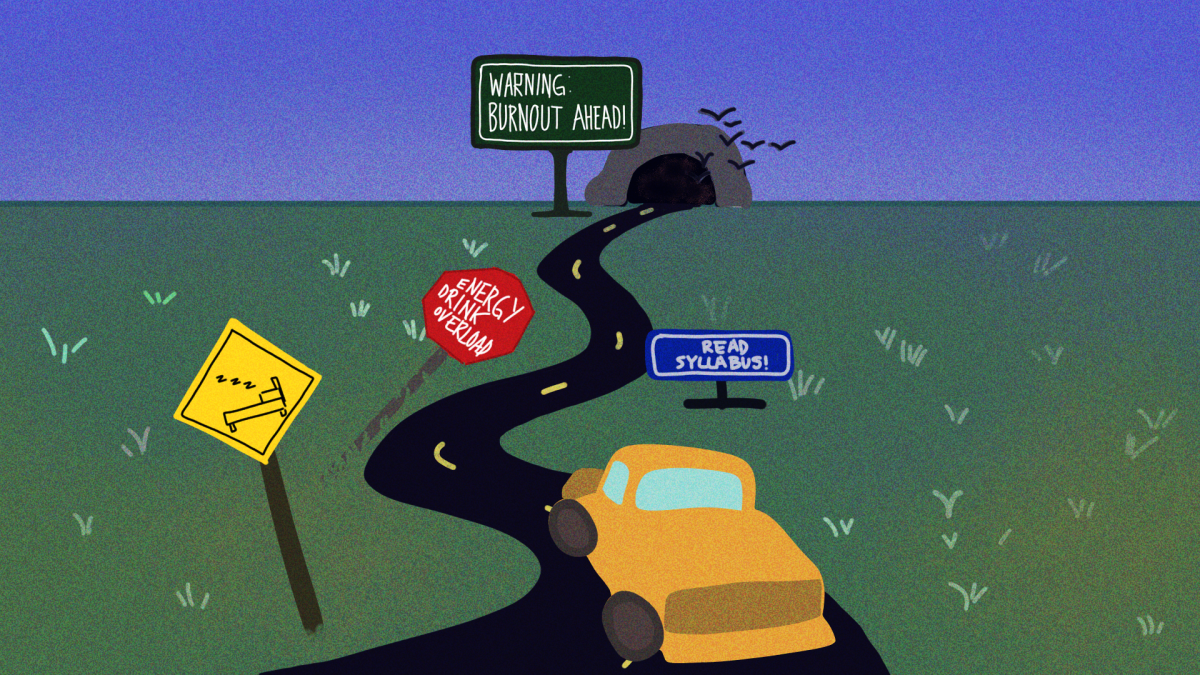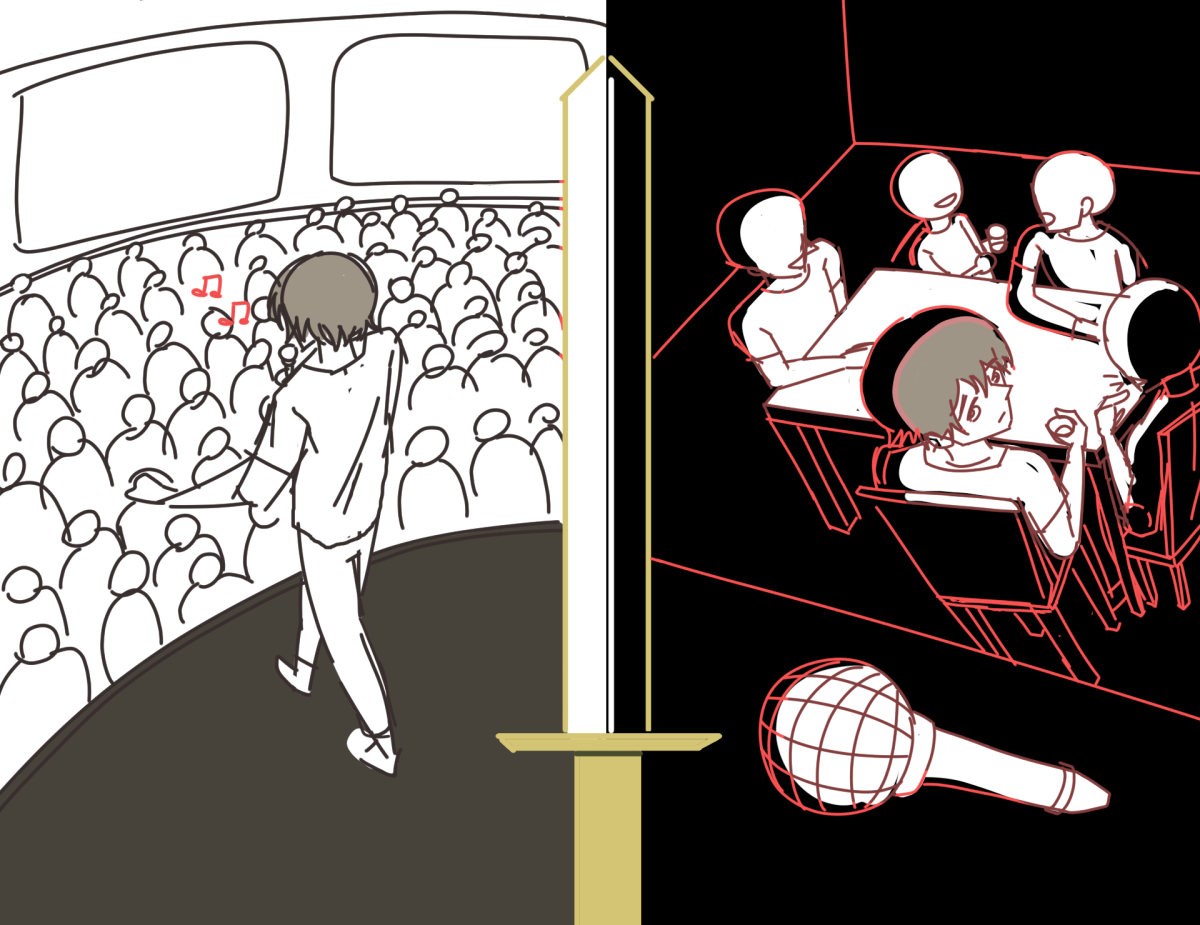If I had a nickel for every time I was ridiculed because of my major, I would be making more than minimum wage. The fact that I am studying Communication shouldn’t mean that I should have to justify my major to every engineering student that asks. I am proud of being a part of the Humanities and Social Sciences department and I am confident that the programs at NC State will prepare me for a career after college to the same degree or maybe even more so than a technical student.
The learning you do when studying the humanities and social sciences is not necessarily preparing you for a specific job or career. Instead, according to Clayton State University, the broad-based teaching you are receiving is helping you improve your analytical thinking skills, oral and written communication skills and helping you better understand other cultures by providing a global perspective.
The humanities and social sciences vary greatly from STEM; namely they’re more about the questions than the answers. STEM is very involved in finding out facts and the truth, while it’s hard to be 100 percent certain in the humanities field. Skepticism and doubt are key aspects of studying the humanities. However, humanities and STEM skills complement each other because it’s important to be skeptical and challenge things perceived as true, but also to have facts as a base for your beliefs.
While it’s obvious that the hard sciences are important and necessary, many people are unaware of the vital impact the humanities have on our society. Studying the humanities produces people that have a lot of emotional and communication intelligence, as well as cultural sensitivity. These are exactly the kinds of people companies want to employ.
In our society, the types of jobs have changed from very specific skill-based to more broad and generalized. Today, it is very difficult to get by simply by being good in your technical field. People need to be able to communicate, write, lead and work well with others across other disciplines.
According to a Wall Street Journal survey, employers view “a candidate’s ability to think critically, communicate clearly and solve complex problems as more important than their specific undergraduate major.”
Saying you’re studying the humanities shouldn’t be met with a sympathetic look and the “What are you going to do with that?” question which assumes that you will have difficulty finding a job after you graduate. As John Kroger, president of Reed College in Oregon, says, “College shouldn’t prepare you for your first job, but for the rest of your life.”
It is now not uncommon to find many companies hiring humanities and social sciences majors as well as STEM majors. These types of companies include ones like InsideSales.com, a software company in Utah. Dave Elkington, founder and chief executive of this company says, “I love hiring liberal arts graduates. They think broadly and communicate effectively. They aren’t stuck in a rut. They can challenge ideas.”
Not only are humanities skills valued and in high demand in the job market, studying the humanities may help you financially in the long run. It is true that humanities majors don’t do as well as technical majors job-wise right out of college. However, a study in the Wall Street Journal shows that over time humanities majors are likely to receive graduate degrees and move into high-paying fields.
A study done by the Association of American Colleges and Universities found that between the ages of 55 and 60, “Men and women who majored in the humanities or Social Sciences earned on average at least $2,000 more than those who majored in professional or pre-professional fields.”
Even with all of these studies proving the benefits of studying the humanities and social sciences, global financing for humanities research has fallen steadily. The decrease in funding is due to “the devaluing of the humanities, especially by legislators who themselves have not experienced first-hand the value of studying the humanities” according to the director of the Modern Language Association, Rosemary G. Feal.
This view of certain fields being superior to others is present on many university campuses and is especially common at NC State because of its tradition as a STEM based school. However, this prejudice takes a toll on how students in each discipline perform. Many humanities students do not do well in STEM classes simply because they are told they are not good at them and internalize that belief. It is still important for liberal arts students to understand biology, algebra and other subjects, just as it’s crucial for STEM students to gain communication, writing and thinking skills.
In an effort to combat the prejudice, a program could be implemented at NC State that would help students in all fields of study. Students of the humanities and social sciences department can volunteer their time to aid those in STEM fields and vice versa. This interaction across fields would help students realize the importance of the other as well as improve their performance in these classes. This also may result in an increase in the number of students who register for classes across colleges because they will have this program as a support system if they need assistance.
The truth is that both the technical fields and the humanities fields complement and need each other. Having some kind of program could help students realize this and alter the sometimes combative relationship the fields have.








